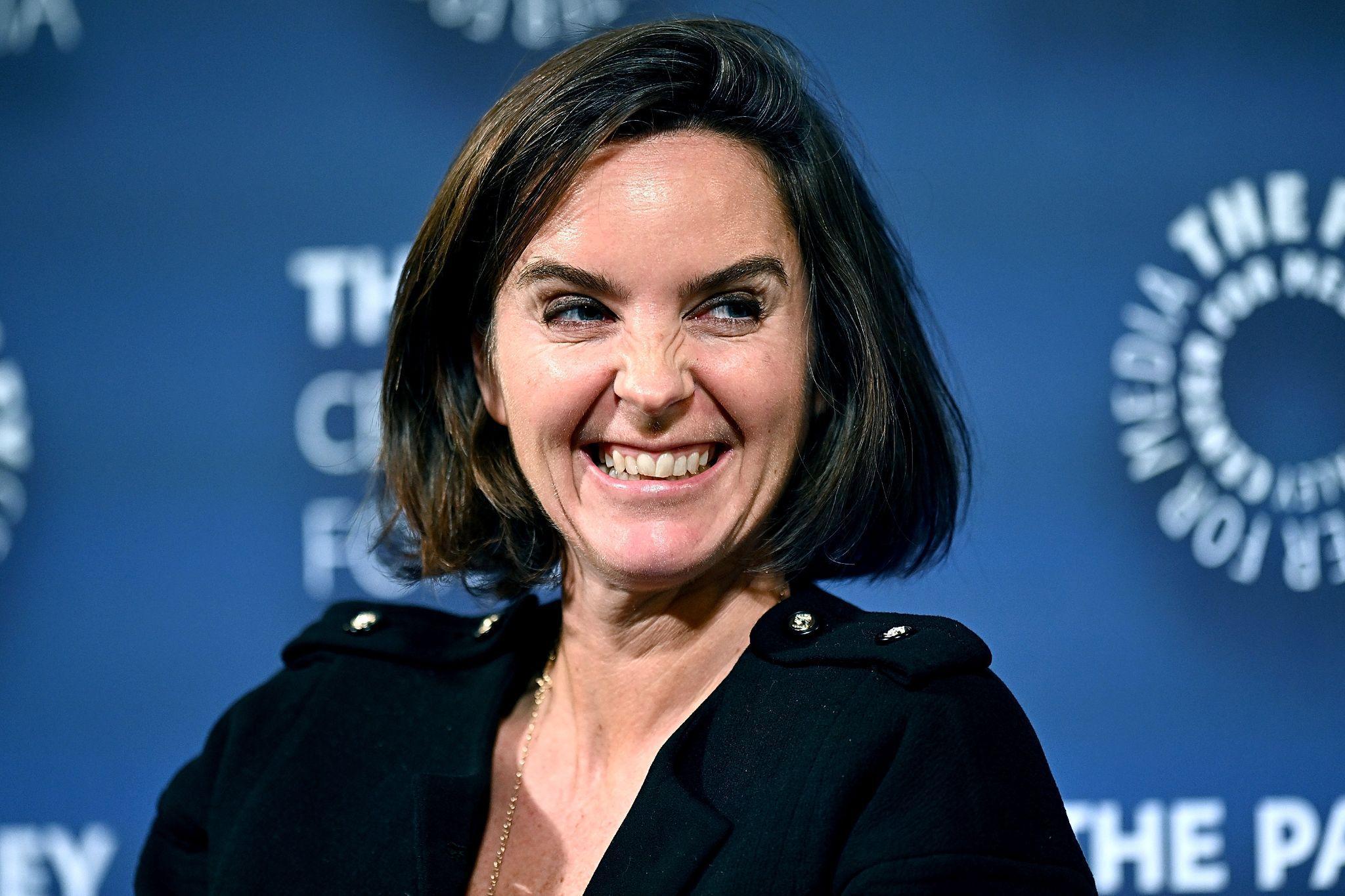A British television personality has made the bold assertion that Gen Z is incapable of working alongside people with different views. British TV boss Alex Mahon believes that Gen Z workers simply “haven’t got the skills to disagree.” The Channel 4 CEO has brazenly aired out her grievances about Generation Z, further fueling the assumption that Gen Z is lazy and more entitled compared to older generations.
Mahon didn’t mince words when she discussed her unabashed opinion at the Royal Television Society conference in Cambridge, England. “What we are seeing with young people who come into the workplace, Gen Z, particularly post-pandemic and with this concentration of short-form content, is that they haven’t got the skills to debate things,” she said. The 50-year-old British businesswoman, who falls into the Gen X category, further added, “They haven’t got the skills to discuss things, they haven’t got the skills to disagree.”
However, Mahon didn’t entirely place the blame on Gen Z, also known as people who were born between 1997 and 2012. Mahon also suggested that social media and the disruption of education due to the global pandemic both played a significant role in the lack of Gen Z reaching their full potential within the workplace.
The algorithm of social media platforms has enabled younger generations to think that their opinions are the only ones that matter. TikTok and Instagram present users with brief videos that are put directly into their feeds based on content that they have previously watched. If someone from Gen Z watches a few videos about climate change, the social media platform will offer them more videos that share the same opinion. Because of this, Gen Zers have been essentially brainwashed to think that their thoughts are the only ones that exist. This creates an “echo chamber” amongst the youth and it can be detrimental to their ability to consider opposing opinions or beliefs.
The pandemic has also exacerbated a number of issues for Gen Z. COVID-19 lockdowns forced students to have limited interactions with the exception of virtual Zoom calls. Mahon mentioned that “being out of college” and unable to interact with “people with a difference of opinion” have all factored into the way Gen Z operates. According to Mahon, this is why Gen Z can’t handle the pressure of a heated debate without crumbling. “That is a really dangerous step-change that we are seeing,” she said.
Gen Zers are certainly no strangers to being told they lack basic skills, especially when it comes to thriving in a work environment. Ian Elliott, the chief people officer at the major consulting firm PwC UK, believes that incoming Gen Z employees will require far more training than other hires. “It’s wholly understandable that students who missed out on face-to-face activities during COVID may now be stronger in certain fields, such as working independently, and less confident in others, such as presentations to groups,” he said. His company offers “soft skills training” for new Gen Z hires that will coach them on basic social skills such as speaking up during meetings.
































